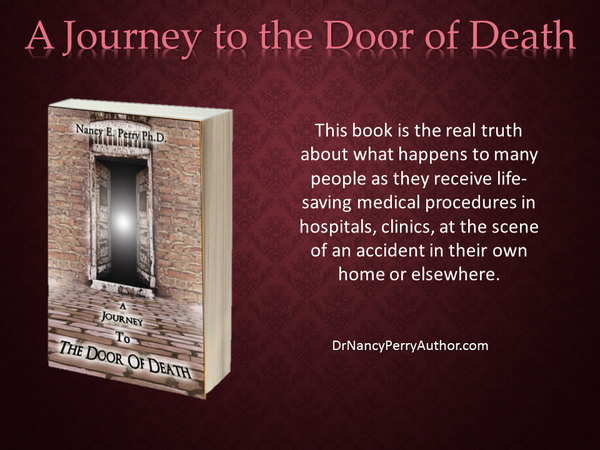- How may traumatic medical events be experienced or reflected in the minds and bodies of people who experience them?
- Can these experiences actually cause Post Traumatic Stress Disorder? What effects can can result spiritually and emotionally as a result of this type of trauma?
- Why do some people return to functional living while other do not?
- Can traumatic unexpected medical events create an existential crisis for the person experiencing them?
A framework in the form of a model, emerged while the the book was being written and is fully described. This model has proved useful by helping people understand themselves and others and is explained in the book.
We have seen logo designs and feel like we have seen them before, or they do not seem too unique. It is where you have probably come across a generic logo design that is not doing much for your brand. Your logo design is often the first interaction that potential customers have with your brand that is why it is important for your logo design be effective. A logo design is much more than just an image or a text which states that it has to be original and creative. For a brand that wants to attract customers and stand out from the competition must have a compelling and attractive logo design that can deliver the right message to the audience. Logo designers know and value the importance of professional logo design to any business either it is large, small or just a startup. It represents the company, it tells their story and symbolizes their brand identity to the world. No matter how good your products or services are, if your logo design is poor, you are...

Comments
Post a Comment